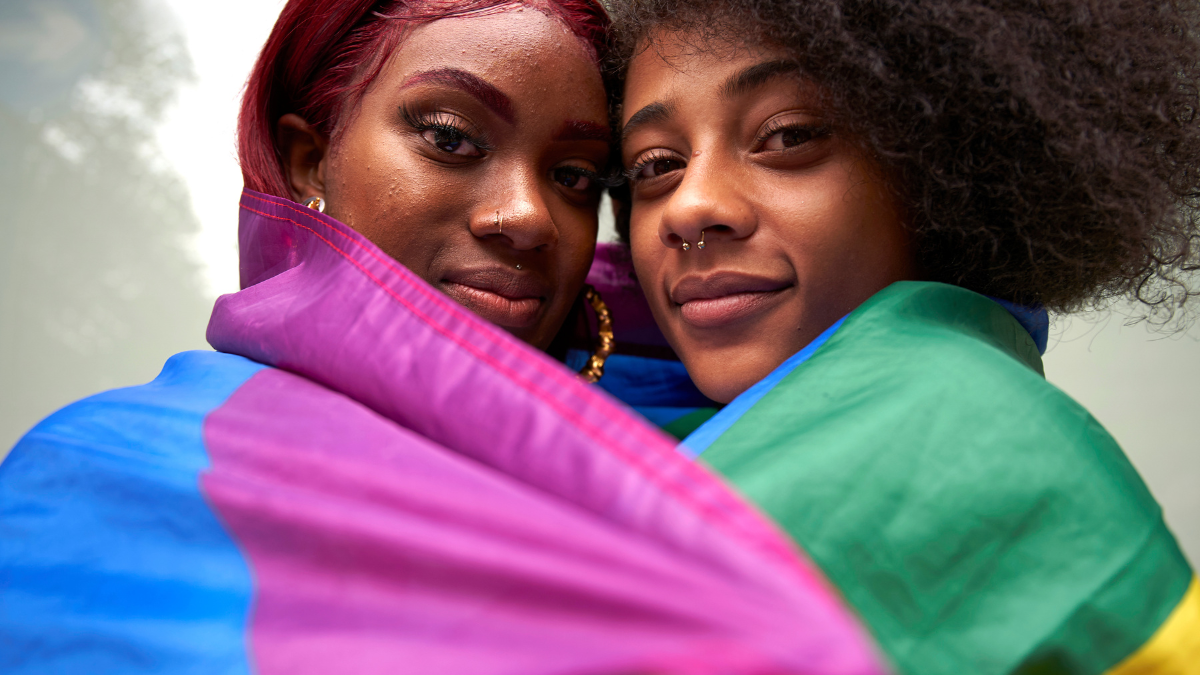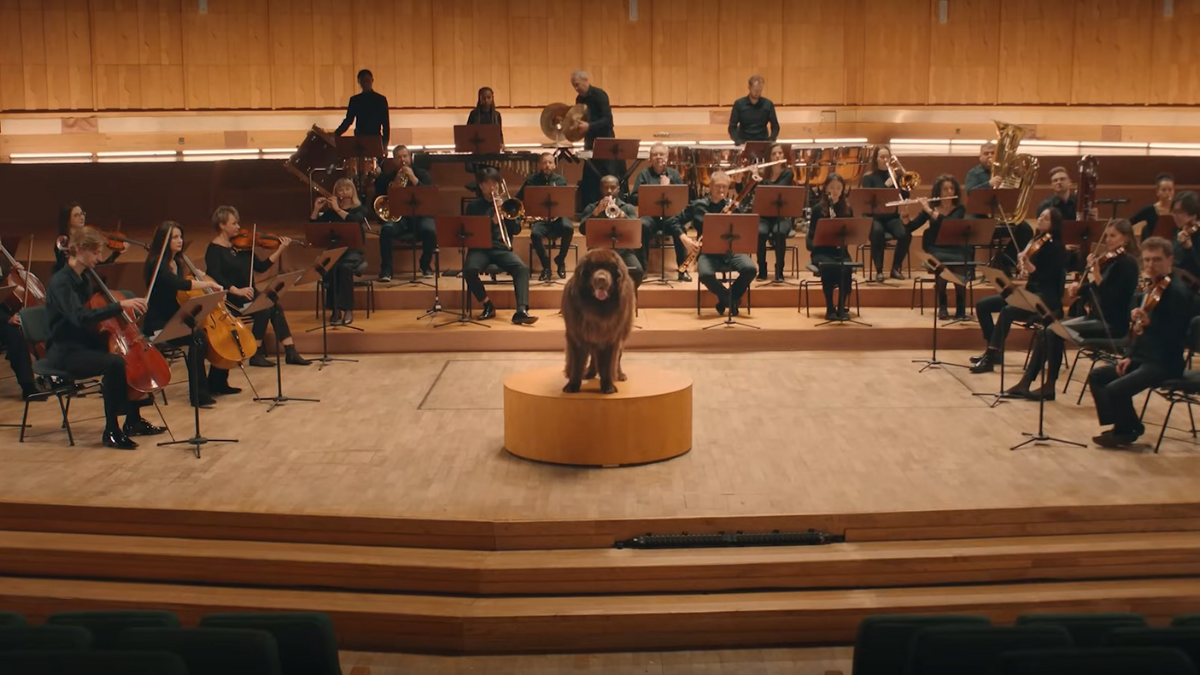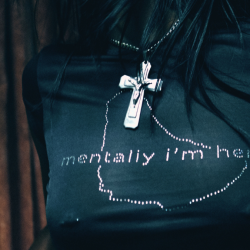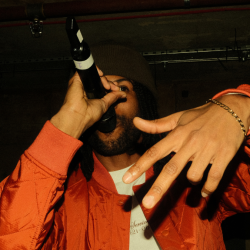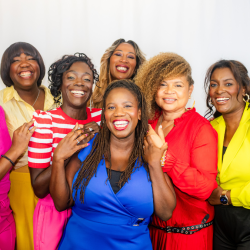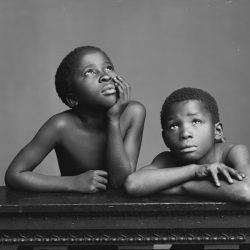More than three-quarters (77%) of Black British people believe that advertising campaigns portray Black culture better than they did ten years ago, according to a new research study from the Black British Voices Research project.
With marketing support from M&C Saatchi London, the collaborative research project between the University of Cambridge, The Voice newspaper and I-Cubed Consultancy surveyed over 11,000 Black British people across sixteen topics.
Topics included Britishness, identity, racism, health, and the media.

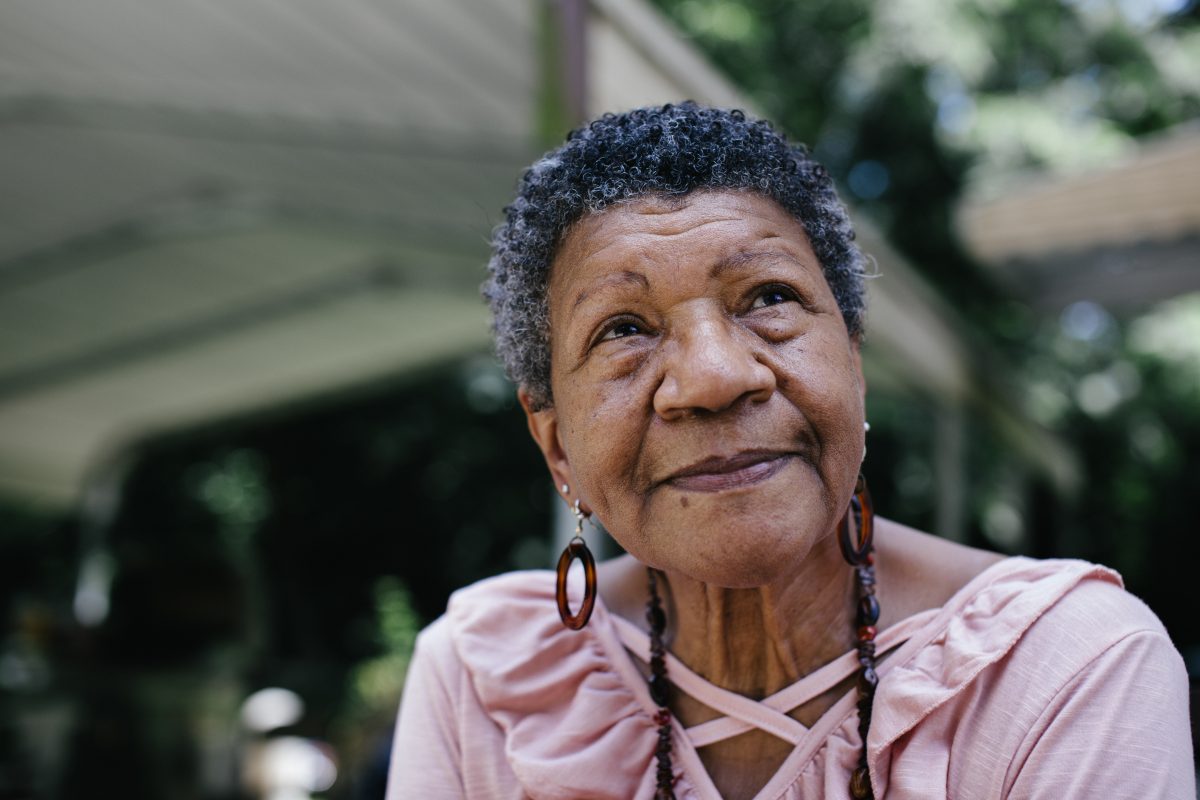
The study revealed that more than half of respondents (55%) stated that portrayals of Black culture in advertising (including TV ad campaigns) were ‘somewhat better’ than ten years ago, while 22% said they were ‘much better.’
Other findings revealed that 13% said portrayals were ‘about the same’, 6% said they were ‘somewhat worse’, and 2% said they were ‘much worse’.
Despite signs of progress in depicting Black British culture in brands’ marketing activity, other stats within the study reflect the need to address the deep-rooted sources of anti-Black racism in the UK.
The study showed that 98% of Black British people have had to compromise who they are or how they express themselves to fit in in the workplace, including adapting hairstyles. Additionally, 90% of young people expect to experience racial prejudice as adults.
This study should be a wake-up call for Britain. We have many fourth-generation Black Brits and, as a community, we should be feeling part of this country. Yet the lived experience of racism in every area of life is leading many to not feel British. We cannot keep ignoring racial disparities and its impact. There needs to be a national conversation about this, and we need race back on the political agenda, so we can tackle the causes of this disconnect between Black Brits and the only country they know.
Lester Holloway, Editor, The Voice Newspaper
In August 2021, The Voice partnered with M&C Saatchi London to launch Tick it to change it, a campaign to boost completion of the Black British Voices survey.
Featured image: Black British Voices Research / The Voice Newspaper




















